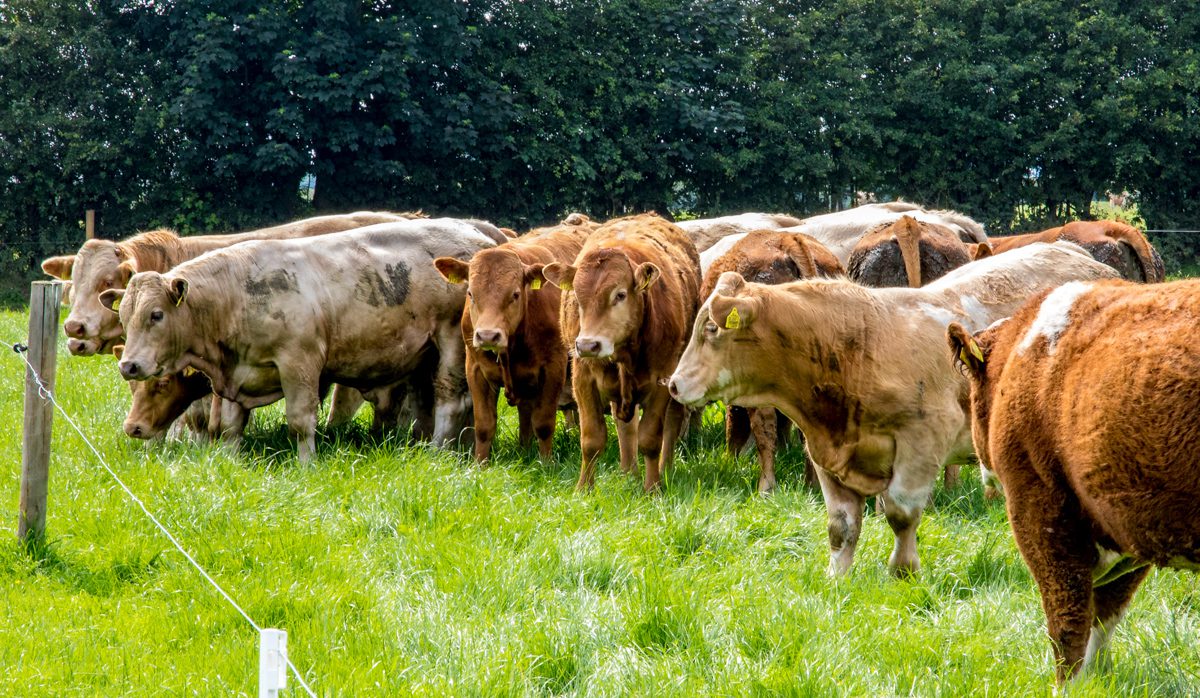The €100 million Brexit fund made available for the Beef Emergency Age Measure (BEAM) is greatly appreciated by farmers of all age groups – but the conditions attached to the money are unjust, according to Macra na Feirme.
Noting that such conditions were set down both by the European Commission and the Department of Agriculture, Food and the Marine, the young farmer and rural youth organisation labelled the move to exclude farms “with high quality finished animals based on part of their income coming from dairy” as unfair.
In a statement on the matter, Macra president Thomas Duffy called on Minister for Agriculture Michael Creed to find a way to “administer money to be fair to all farmers who have lost income as a result of a situation outside their control”.
This means the fund must be paid to all quality cattle slaughtered within the time-frame as laid out.
The rural youth organisation president highlighted a “continued lack of commitment to the beef sector” in spite of the fund, pointing to the recommendation earlier this week by the Climate Change Advisory Council to cut the national suckler herd as proof of this.
This was described as “both hugely disappointing but also unsurprising” by Duffy.
“Their report focuses not on increased efficiencies in the suckler herd but on gross reductions – as these are easier to quantify regardless of their economic and environmental negative impacts.
This is yet another example of short-sighted recommendations to the agricultural sector when it comes to climate change.
Duffy also warned that such a move could well be counterproductive, stating that a herd reduction “will raise questions of the supply of top-grade prime beef and the potential to increase rather than reduce the carbon footprint of beef in Ireland”.
“The report acknowledges the economic vulnerability of the beef sector – without comment on the cause.”
It was noted that, even as farmers continue to increase efficiency and reduce both inputs and greenhouse gases they are being penalised for this by the market and those operating within it.
The lack of support from both the market and the marketing agencies to differentiate the most efficient beef production system with the lowest carbon footprint, young bull beef, is both bizarre and disappointing.
The president added that the lack of recommendations on this matter “shows the lack of potential mitigation measures and improvements for farmers”.
“We need more creativity in defining solutions for the future of our beef sector in Ireland in order to protect our young farmers.
“Total national herd reductions will just lead to reduced economic activity and less young people in rural Ireland,” Duffy concluded.
